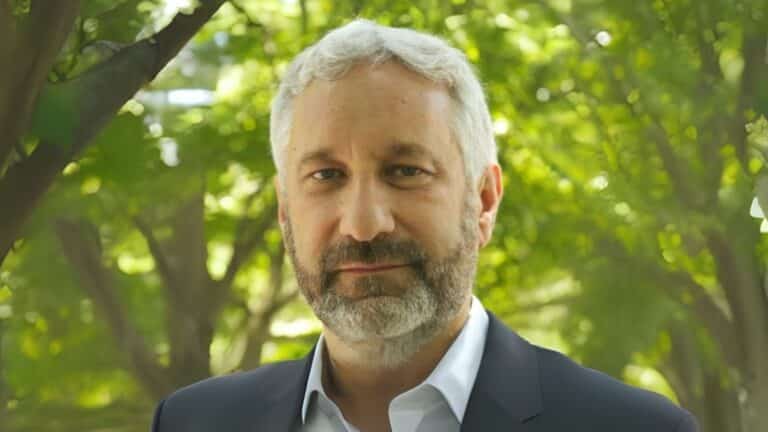This website uses cookies as well as similar tools and technologies to understand visitors’ experiences. By continuing to use this website, you consent to Columbia University’s usage of cookies and similar technologies, in accordance with the Columbia University Website Cookie Notice.
Governments around the world are consumed now with the challenge of responding effectively to the coronavirus pandemic, including providing adequate healthcare and alleviating the economic impact of the crisis. But policymakers in Washington and other capitals will eventually need to find ways to stimulate a recovery of their economies to put back to work the legions of people who are now unemployed.
In this edition of Columbia Energy Exchange, host Bill Loveless talks to Ernest Moniz about the role that energy sectors can play in reinvigorating the U.S. economy, especially those sectors responsible for the early stages of a low-carbon transition that’s taken place over the last decade, and the importance of building coalitions to support such options.
Moniz is well known to listeners as a former U.S. secretary of energy during the Obama administration and a key architect of the Paris Agreement on climate change. He also negotiated the Iran nuclear agreement alongside then Secretary of State John Kerry. Now, he is the founder and CEO of the Energy Futures Initiative, a Washington-based clean-energy nonprofit, and co-chair and CEO of the Nuclear Threat Initiative, a nonprofit that works to prevent catastrophic attacks and accidents with weapons of mass destruction.
More Episodes
Building Energy Policy on Evidence
Elected officials face huge challenges when it comes to energy policymaking. They have very little time to learn complicated, nuanced issues. They're bombarded by information — some of...

A Changing Atmosphere at the Upcoming UN Climate Summit
The ten years since the Paris Agreement was signed at the UN Climate Change Conference, COP 21, have been the ten hottest years on record. And the outcome...

Unpacking Recent Sanctions on Russian Oil
Last week, President Trump announced that he was imposing significant new sanctions on Russia. It’s an effort to cut off revenue Russia needs for its war in Ukraine....

‘The Return of the Energy Weapon’
Energy has long been used as a weapon. The United Kingdom blocked oil exports to Germany during World War I. Hitler’s fall was due in part to losing...

Relevant
Publications
Transforming Fashion’s Footprint: Innovations and Business Models for Circularity and Clean Energy
The fashion industry sits at the intersection of climate, energy, and consumption, facing growing pressure to cut emissions, transition to clean energy, and build circular systems across global supply chains.

How AI Growth Can Hyper-Scale Energy Equity and Affordability
Artificial intelligence is driving a massive technological transformation that is already reshaping many aspects of daily life.

The Slow Death of Russian Oil
Why Ukraine’s campaign against Moscow’s energy sector is working.

AI’s Rapacious Appetite for Electricity Can Accelerate Clean Energy
Why Big Tech’s energy problem might prove crucial to fighting climate change.

